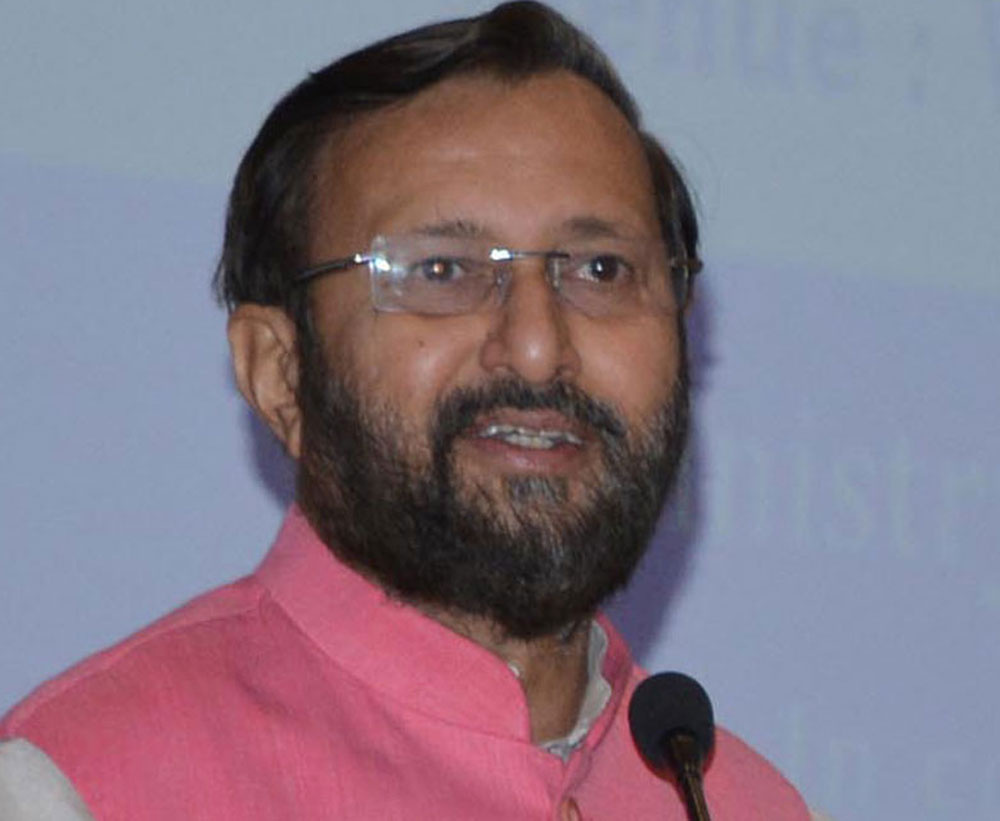Private institutions and groups representing Scheduled Castes and Scheduled Tribes on Wednesday sought financial clarity from the Centre that has flagged its intention to extend quotas to admissions in private higher education institutions.
Some have also questioned the feasibility of the government announcement.
The Ambedkar Mahasabha, an organisation representing associations of Scheduled Caste and Scheduled Tribe communities, said the government must ensure that the students from SCs, STs, Other Backward Classes and economically weaker sections (EWS) get free education after implementing reservation in private institutions.
“The government must ensure that the SCs, STs, OBCs and EWS getting admission under reservation also get free education in private institutions. Otherwise, the reservation will have no meaning. The SCs, STs, OBCs and EWS cannot pay the kind of fee charged by the private institutions,” Mahasabha president Ashok Bharati said.
The Education Promotion Society for India (Epsi), a body championing the cause of private educational institutions, asked the government to clarify whether it would bear the cost of education of SCs, STs and OBCs once reservation is implemented.
“The question is who will bear the fee for education of SCs, STs and OBCs? If the government is ready to bear the cost, there is no problem. Otherwise, how can it be done? The private institutions are self-financing institutions,” said P. Palanivel, executive secretary of Epsi.
The SCs, STs and OBCs are entitled to 15 per cent, 7.5 per cent and 27 per cent reservation, respectively. A constitutional amendment bill passed last week provides for 10 per cent economic quota, taking the pool of reserved seats to 59.5 per cent.
The private institutions are outside the reservation system for lack of a law. On Tuesday, human resource development minister Prakash Javadekar announced that reservation will be implemented for SCs, STs, OBCs along with EWS in private higher educational institutions from 2019-20 but did not clarify if a bill would be brought in.
“If nearly 60 per cent seats are reserved, cross-subsidisation of the cost from other students is not possible. Epsi will discuss all these issued with HRD minister,” Palanivel said.
H. Chaturvedi, director of Birla Institute of Management Technology (Bimtech), a private institute, said the implementation of the EWS quota was more feasible in private institutions, not the quota for SCs, STs and OBCs.
“The minister might have said something. I don’t think quota for SCs, STs and OBCs can be implemented in private institutions. The central government has to build a consensus with state governments because private universities have been set up under state laws. Has the government spoken to state governments?” Chaturvedi asked.
He said the country needed double-digit growth to provide jobs for students emerging from higher educational institutions. Very few jobs are being created now.
Gurinder Azad, an Ambedkarite scholar, said the government did not appear honest in its announcement.
“The government has been undermining the existing reservation for SCs, STs and OBCs in public-funded institutions for the last four years. Suddenly, it announced reservation in private institutions. Dalits have lost all hopes in this government,” Azad said.
Mahasabha president Bharati said that if the government was sincere, it must implement reservation in private sector jobs, too.












